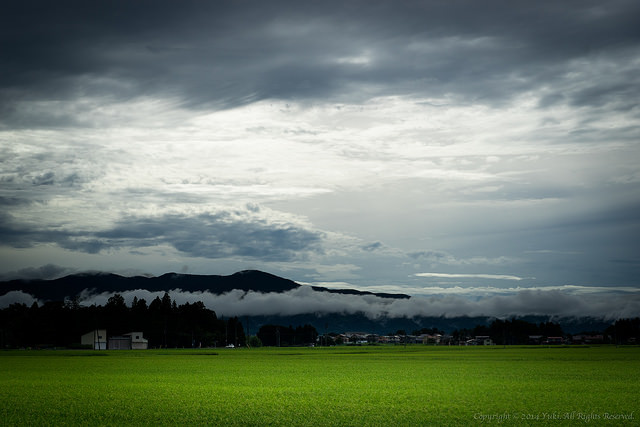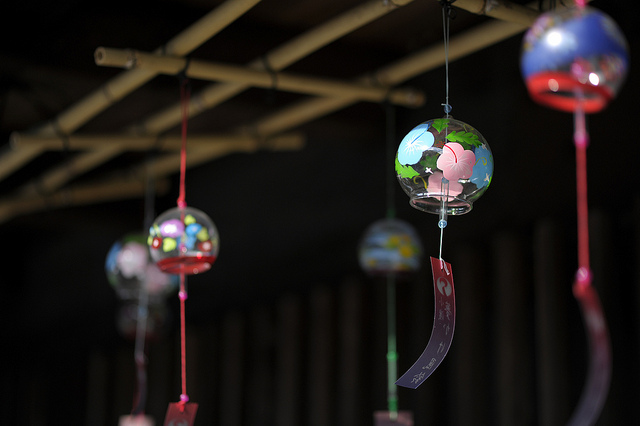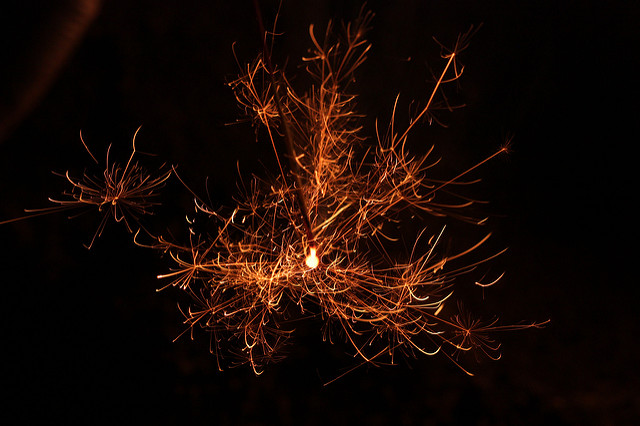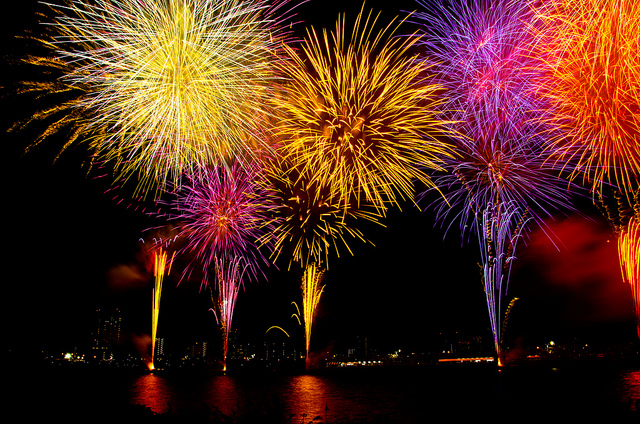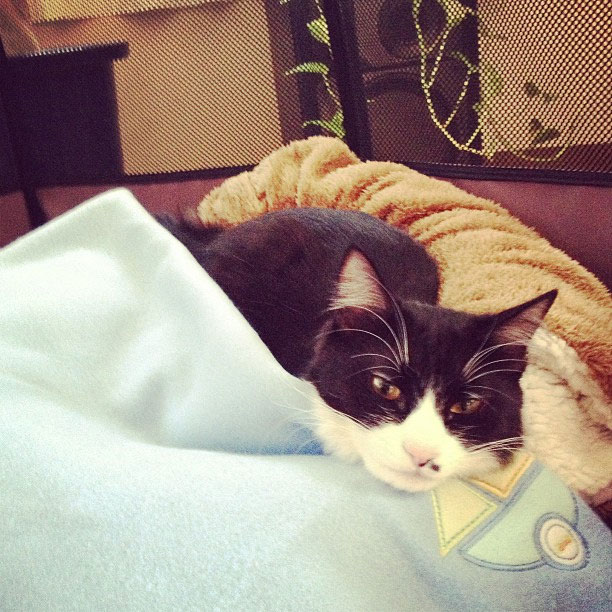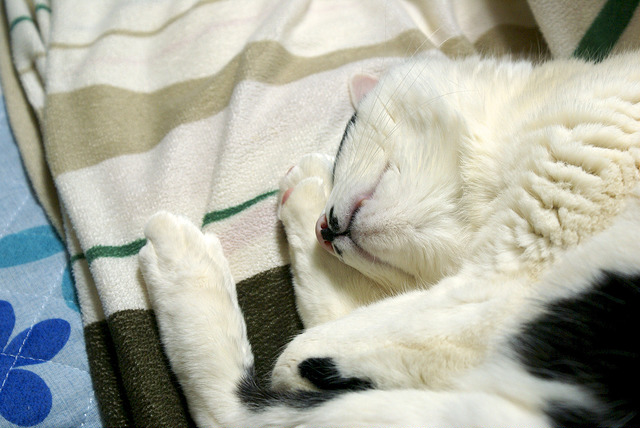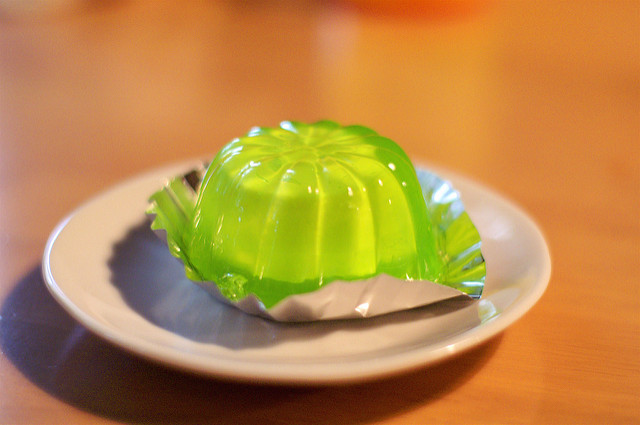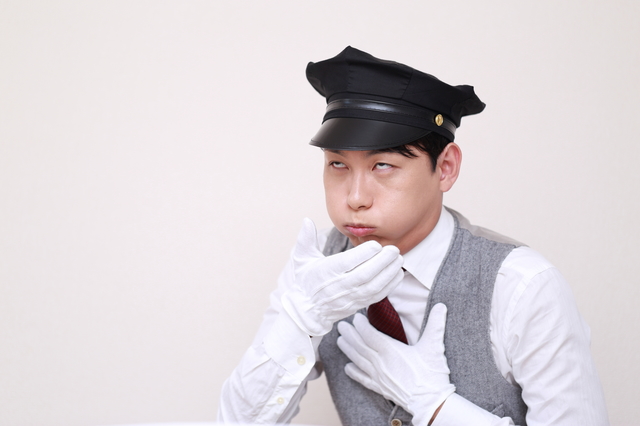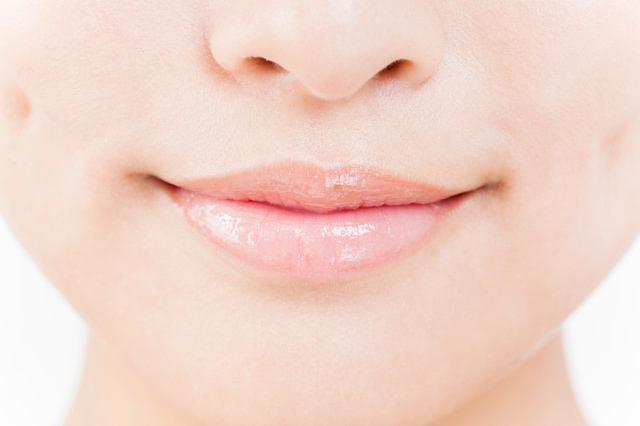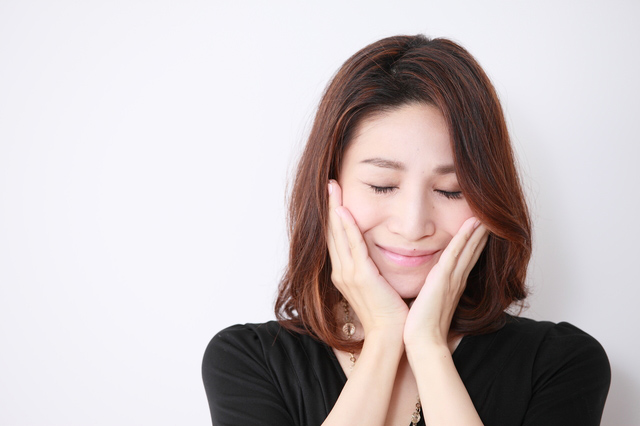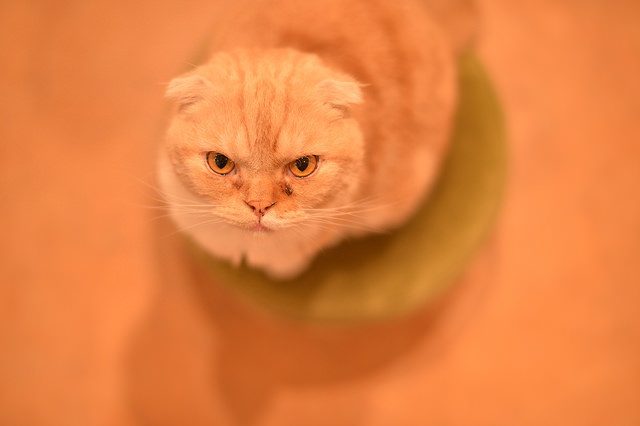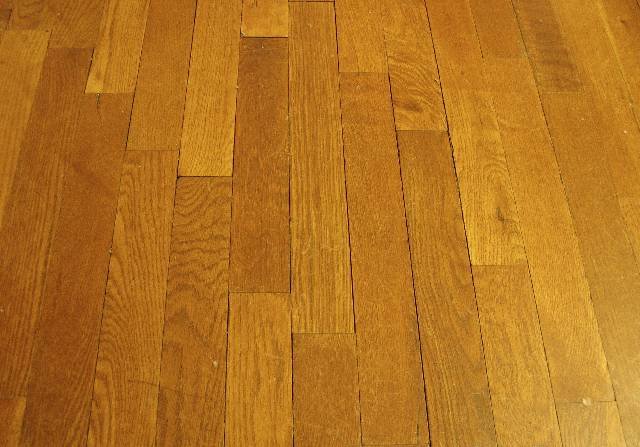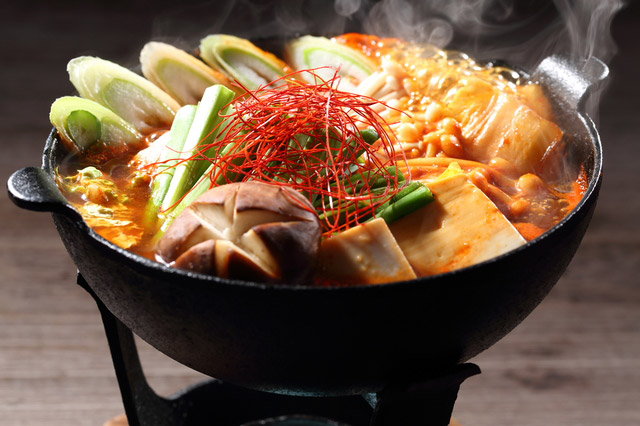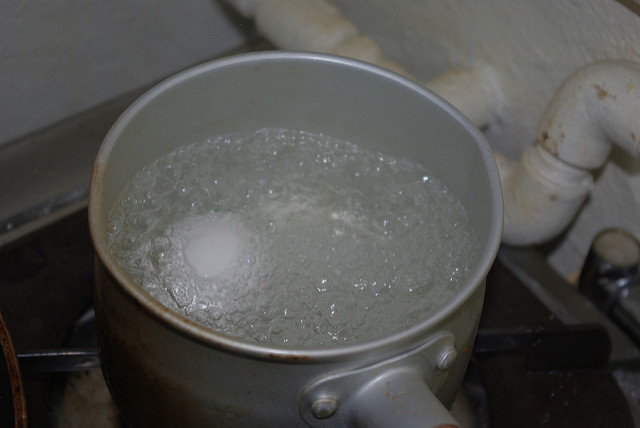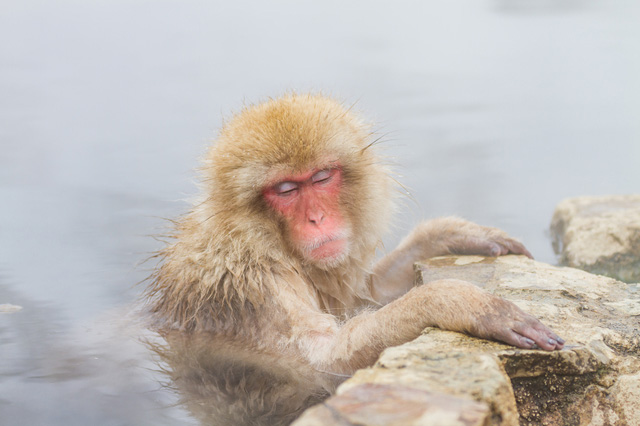
30 Unique Japanese Words That Are Hard to Explain in English
The Japanese language has a lot of words, and while most can be easily translated into English, others require a bit of imagination. These are often onomatopoeia, which include not just sounds, but feelings, actions, expressions, and more. Many also feature heavily in manga and anime, and are important for anyone interested in the Japanese language to remember. So, if you’ve ever wondered what “pachi pachi” or “goro goro” means, then read on to see our explanations for 30 Japanese words that are hard to explain in English!
This post may contain affiliate links. If you buy through them, we may earn a commission at no additional cost to you.
1. Run Run (pronounced roon roon) (るんるん)
PIXTARun Run is a word that expresses a person's giddy and excited state, like they're up in the clouds. It can be used as a sound effect, like in manga, or in every day conversations.
Our Top Tips
JR Pass for Whole Japan
Explore Japan in the most convenient and economical way with a Japan Rail Pass! It is valid for the majority of railways and local buses operated by JR.
2. Niko Niko (にこにこ)
Niko Niko is a word that expresses a person smiling. When you smile, people don't usually create sounds when they do so. But Niko Niko can be used as a sound effect for this.
3. Kira Kira (キラキラ)
Kira Kira is a word that expresses something that shines, like glitter, metal, or rocks. It can be used as a sound effect and in every day conversations.
4. Donyori (どんより)
Border. garaku/FlickrDonyori is a word that expresses something in a gloomy and depressing state. The something can be a person or the weather. When it's associated with a person, donyori expresses that the person is in a sad or gloomy state. When it's associated with the weather, it expresses the cloudy grey sky, where it will start to rain or snow any minute.
5. Bishi Bishi (びしびし)
PIXTABishi Bishi is a word that expresses two things. One, a sound hitting a subject with something long and thin, like a whip or a ruler. Two, it expresses the way something is moving in a sharp and fast manner. The something can be an animal or a human being. For the latter meaning, a synonym is Kibi Kibi (きびきび).
6. Dara Dara (だらだら)
Dara Dara is a word that expresses something being sloppy and lazy. The something can be an animal or a human being. This word can be used in sound effects or in every day conversations. A synonym for this word will be Noro Noro (のろのろ).
7. Fura Fura (ふらふら)
Bong Grit/FlickrFura Fura is a word that expresses two meanings. One, when something is waving in the air. This something can be a living thing or an object, like a piece of paper or a fu-rin wind chime, as shown in the image above. Two, when someone is not working or in school, and just living day by day doing nothing. Both can be used as sound effects and every day conversations. A synonym for the former meaning will be Yura Yura (ゆらゆら).
8. Ta Ta (たったっ)
Ta Ta is a word that expresses something or someone walking or running in a fast manner, without leaving any trail behind. It's used as a sound effect in manga.
9. Pachi Pachi (パチパチ)
Norio NAKAYAMA/FlickrPachi Pachi is a word that has two meanings. One, it expresses the sound of hands clapping. Two, it expresses the sound of something light exploding, like fireworks.
10. Don Don (どんどん)
Masayuki Sugita/FlickrDon Don is a word that has two meanings. One, it expresses the sound of slamming something on a hard surface repeatedly. For example, it can be used when someone is banging on someone's door repeatedly. It can be used as a sound effect. Two, it expresses loud sounds made repeatedly, like fireworks.
11. Mozo Mozo (もぞもぞ)
Asako/FlickrMozo Mozo is a word that expresses something wiggling. The something can be any living object from a worm to a person. The surface on which they are wiggling can be the ground or the bed. This word can be used as a sound effect in manga and in every day conversations.
12. Shakkiri (しゃっきり)
PIXTAShakkiri is a word that expresses something that was once floppy becoming straight up forward and in a fresh state. The subject of this word can be about a wilted plant or a person who goes from a hunched back to suddenly sitting or standing upright. This word can be used as a sound effect in manga and in every day conversations.
13. Goro Goro (ごろごろ)
icoro/FlickrGoro Goro is a word that has two meanings. One, it expresses something rolling around on a surface. Two, it expresses someone rolling around on a surface being lazy. Both can be used as sound effects and every day conversations.
14. Furu Furu (ふるふる)
kanonn/FlickrFuru Furu is a word that has two meanings. One, it expresses the state of something jiggling, like jello. Two, it expresses the state of someone shaking their head. Both can be used as sound effects in manga.
15. Bero Bero (べろべろ)
Bero Bero is a word that has two meanings. One, it expresses the state of someone being extremely drunk. Two, it expresses the sound of something being licked repeatedly. Both can be used as sound effects and in every day conversations.
Our Top Tips
Japan Shinkansen, Narita Express (N'EX) & Express Train Tickets
Plan ahead by booking your shinkansen, airport train, and express train tickets online in English. Have the tickets sent to you by mail or collect them at the station once you're in Japan.
16. Noshi (のしっ)
17. Chupa (ちゅぱ)
PIXTAChupa is a word that expresses sucking on something with your mouth. It can be used when someone is sucking on a lollipop, or when a baby is suckling on its mother's breast. It can be used as a sound effect in manga.
18. Gero Gero (げろげろ)
PIXTAGero Gero is a word that has two meanings. One, it expresses the sound of someone throwing up, especially very badly. Two, it expresses the resentment of someone being sick of a particular situation. Both can be used as sound effects in manga.
19. Buchu (ぶちゅ)
PIXTABuchu is a word that has two meanings. One, it expresses the sound of squishing something, like a bug. Two, it expresses the image of someone kissing someone else sloppily. Both can be used as sound effects in manga.
20. Kaa (カァッ)
PIXTAKaa is a word specially used in sound effects in manga. It expresses the character blushing very hard. It is usually accompanied with the character turning red in their cheeks or up to their necks.
21. Mu (むっ)
eiji ienaga/FlickrMu is a word specially used in sound effects in manga. It expresses that the character is mildly annoyed or angry by the situation or someone. It can't be used in every day conversations.
22. Ha! (はっ!)
PIXTAHa! is a word that expresses when someone realizes something, like an epiphany or revelation. It can be used both as sound effects in manga and in every day conversations.
23. Gunyu Gunyu (ぐにゅぐにゅ)
Gunyu Gunyu is a word that has two meanings. One, it expresses something squishy and slimy sliding against each other in an enclosed space. Two, it expresses the feeling when you touch something squishy and slimy. Both can be used as a sound effect in manga.
24. Batan (ばたん)
Batan is a word that expresses the sound of the door or some lid being shut. If there are exclamation marks after it, it means that the something was slammed hard. It is used as a sound effect in manga.
25. Gishi (ギシ)
Larry Jacobsen/FlickrGishi is a word that expresses the sound of something creaking. This something can be the floorboards or the springs of the bed mattress. This word is used as a sound effect in manga.
26. Futsu Futsu (ふつふつ)
PIXTAFutsu Futsu has two meanings. One, it expresses the sound of a pan full of food that is boiling and ready. Two, it expresses the anger building inside someone. Both are used as sound effects in manga.
27. Gutsu Gutsu (ぐつぐつ)
Masafumi Iwai/FlickrGutsu Gutsu is a similar word to Futsu Futsu, but it has stronger meanings. The word has two meanings. One, it expresses the sound of a pot full of water or soup that is boiling rapidly. Two, it expresses an unbearable anger inside someone who is about to explode. Both are used as sound effects in manga.
28. Puu (ぷぅ~っ)
Sotaro OMURA/FlickrPuu is a word that expresses something being expanded by air. It can be a balloon, or a person blowing up their cheeks. This word is used as a sound effect in manga.
29. Hoka Hoka (ほかほか)
PIXTAHoka Hoka is a word that has two meanings. One, it expresses something being fresh out of hot water. Two, it expresses the state of freshly done cooking. Both are used as sound effects in manga.
30. Kapo-n (カポーン)
PIXTAKapo-n is a word that expresses the sound that the Shishiodoshi (ししおどし), which is shown in the image above, makes when the top bamboo empties itself of water and falls back onto stone. Shishiodoshi was used to scare away the animals that ate crops. Now it's used as decoration in a Japanese style garden.
The information in this article is accurate at the time of publication.


